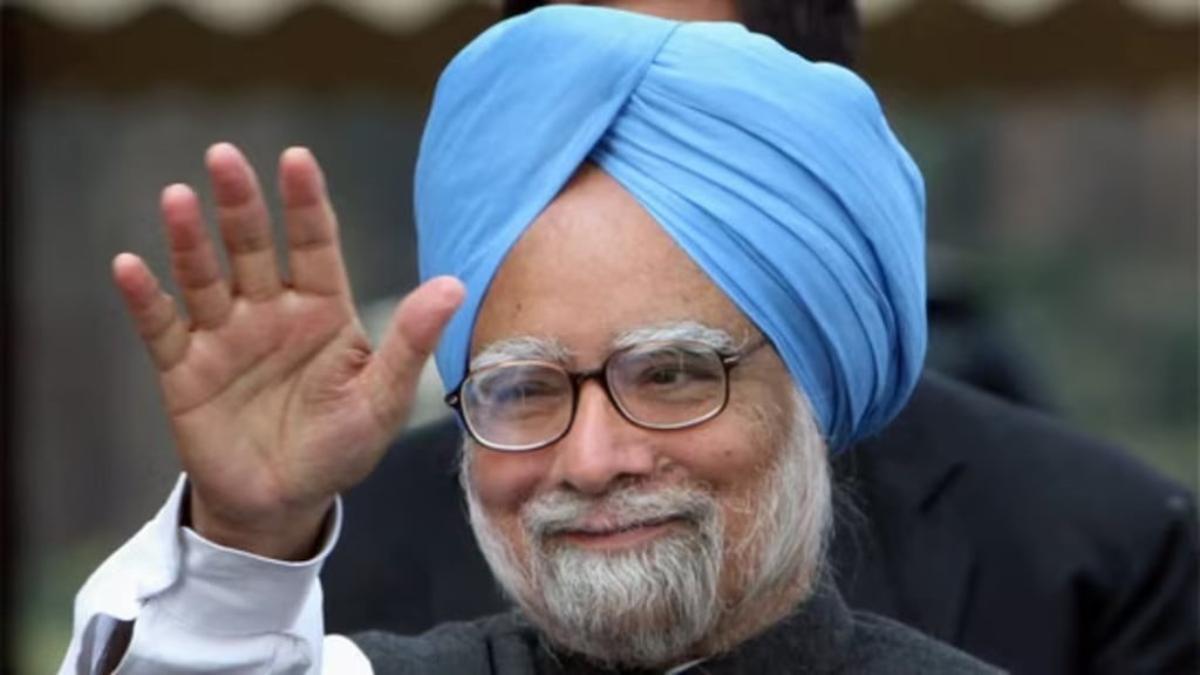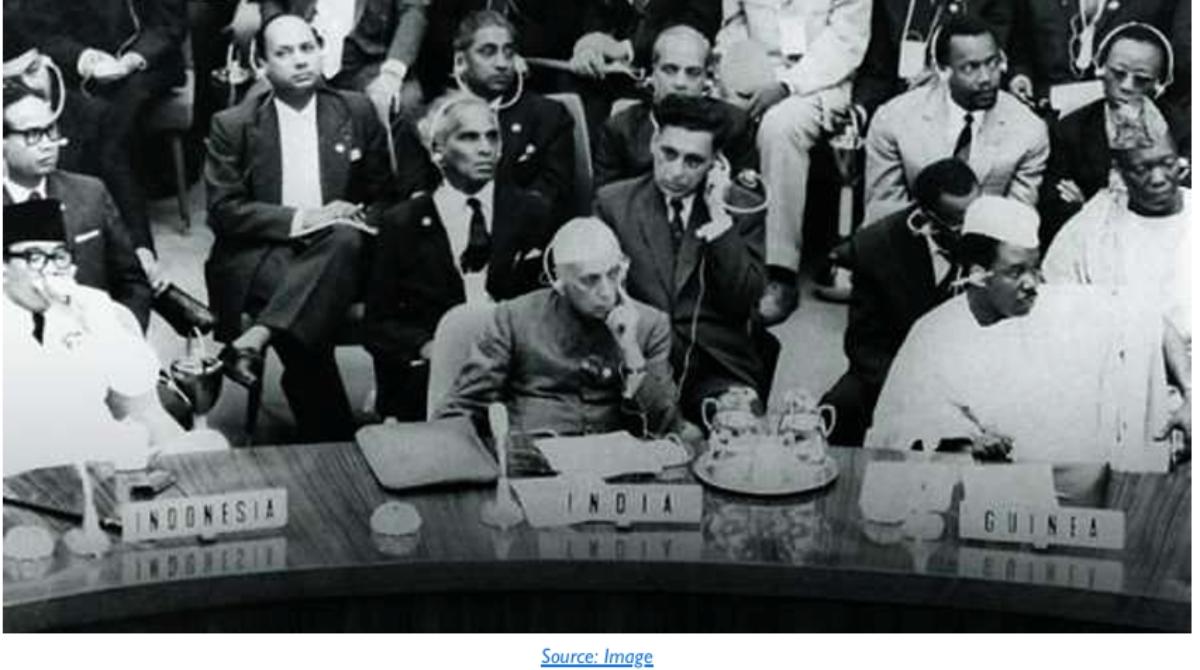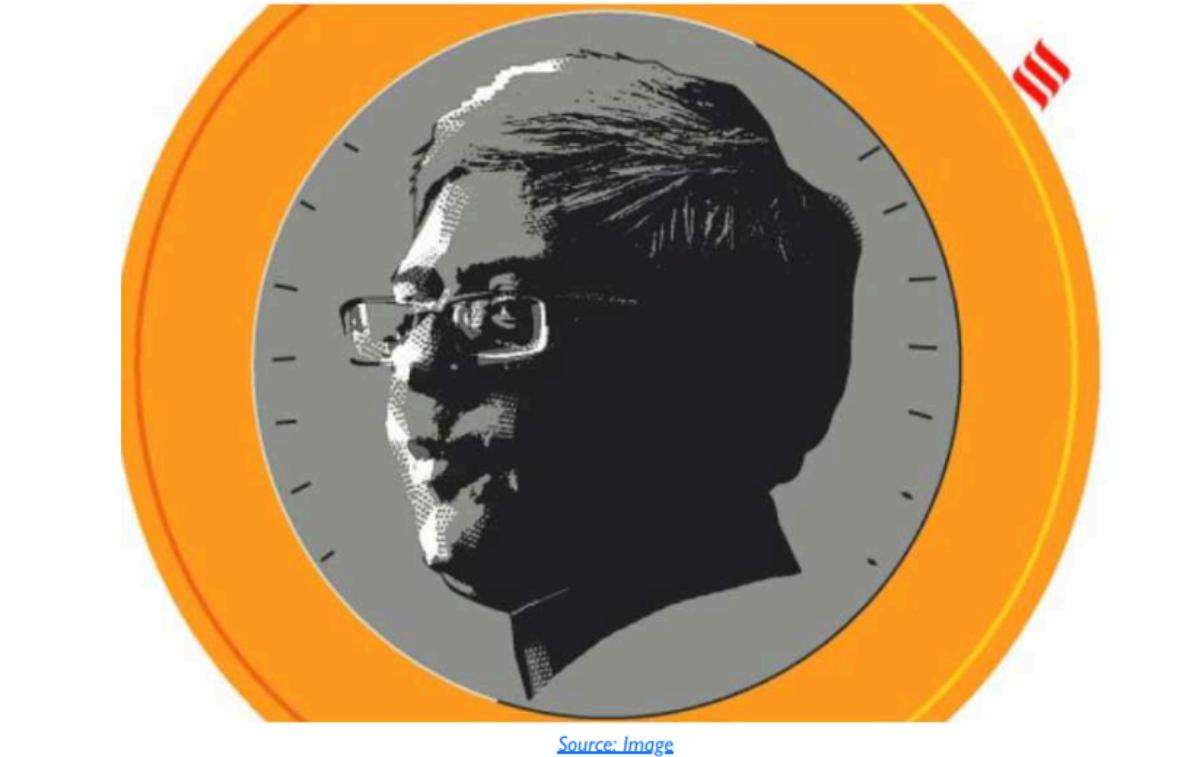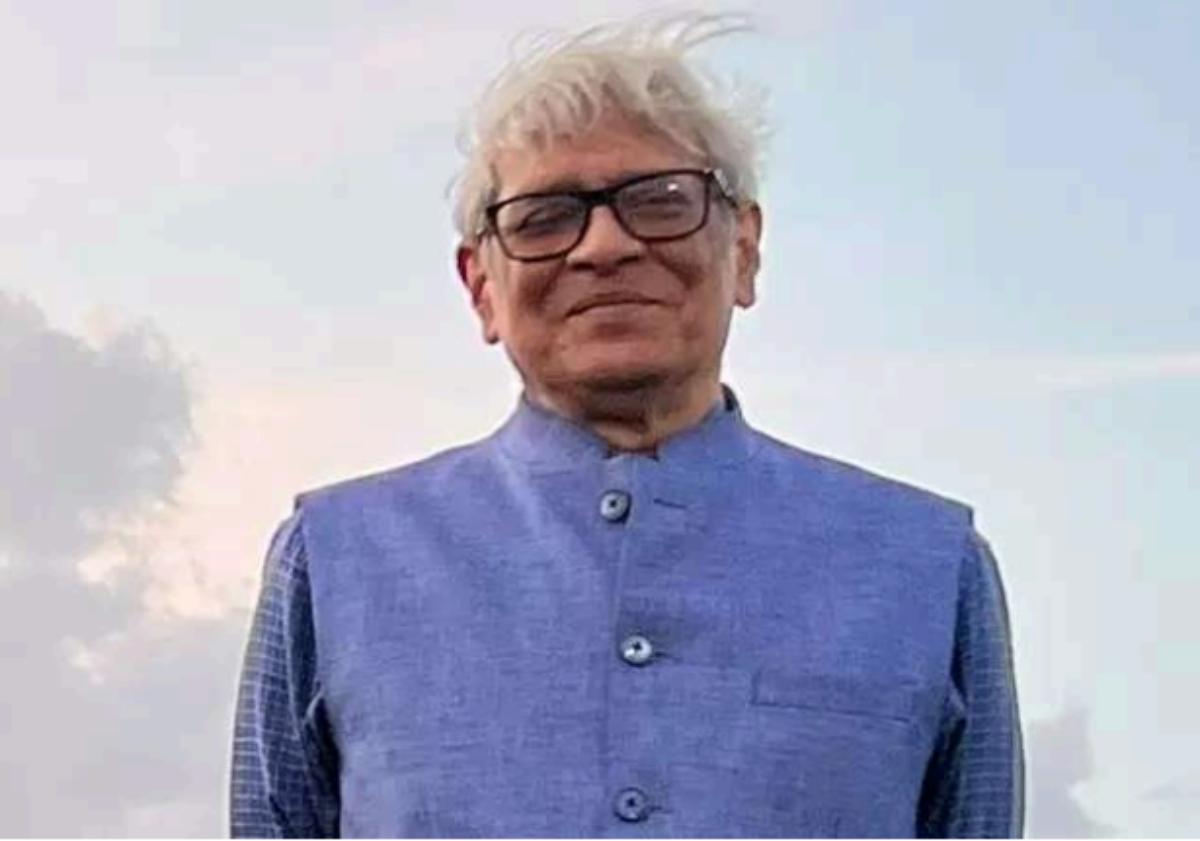Dr Manmohan Singh was firmly rooted in the practical political economy which constrains theoretically pure choices. We will miss this scholar statesman not just for his wisdom but also his civility.
The three years after the banks had been told by the Narsimhan Committee to focus on asset quality and earnings, 1992 to 1994, had seen a steep decline in social lending by banks.
My colleagues Bharti Gupta Ramola, V Nagarajan and I had just finished a study of the SEWA Bank in India, the Grameen Bank in Bangladesh, Bank Rakkyat Indonesia and Shorebank, USA – all specialised lenders to the poor and to women. We presented our findings first to the RBI whose Governor Dr C Rangarajan had taught us macroeconomics at the IIM Ahmedabad. He and the RBI top brass heard us out and he then suggested we also present our findings to the Finance Minister, Dr Manmohan Singh.
As we entered his large North Block office, Dr Manmohan Singh got up from behind his desk and led us to the sofa. He heard us out patiently, asked a few questions and as the 25 minutes quickly passed, he walked us to the door of his office and uncharacteristically, said “I assure you if our government returns to power, we will ensure much greater credit flow to the weaker sections and women.”
Though the Narasimha Rao government did not come back to power, but obviously with the guidance by Dr Manmohan Singh and Dr Rangarajan, the RBI went ahead and made three path breaking decisions – one, massively scaling up bank credit to women’s self-help groups (SHGs); two, establishing local area banks (precursors of today’s small finance banks) and three, deregulating interest rates on loans up to Rs 25000 by the urban cooperative banks.
Later when Dr Singh became the Later when Dr Singh became the Prime Minister, again I had the opportunity to meet him first as a member of the Rangarajan Committee on Financial Inclusion, 2007 and then as a member of the Raghuram Rajan Committee on Financial Sector Reforms, 2008. His patient listening to our analysis and recommendations was touching.
So it was a particular pleasure for me to meet Dr Manmohan Singh several times since 2018, when I joined the Rajiv Gandhi Foundation as its CEO. I also run the Foundation’s knowledge affiliate the Rajiv Gandhi Institute for Contemporary Studies. One of our focus themes is Growth with Employment and Dr Singh was always ready to hear what we had to say on the topic.
Every time we referred to the glorious period from 2004 to 2012 with high growth and record reduction in rural poverty, he would quietly move the discussion to the current situation and what should be done. Though he was an economists’ economist, he was firmly rooted in the practical political economy which constrains theoretically pure choices.
We will miss this scholar statesman not just for his wisdom but also his civility, a virtue becoming rare in today’s polarised discourse. May his soul rest in peace.
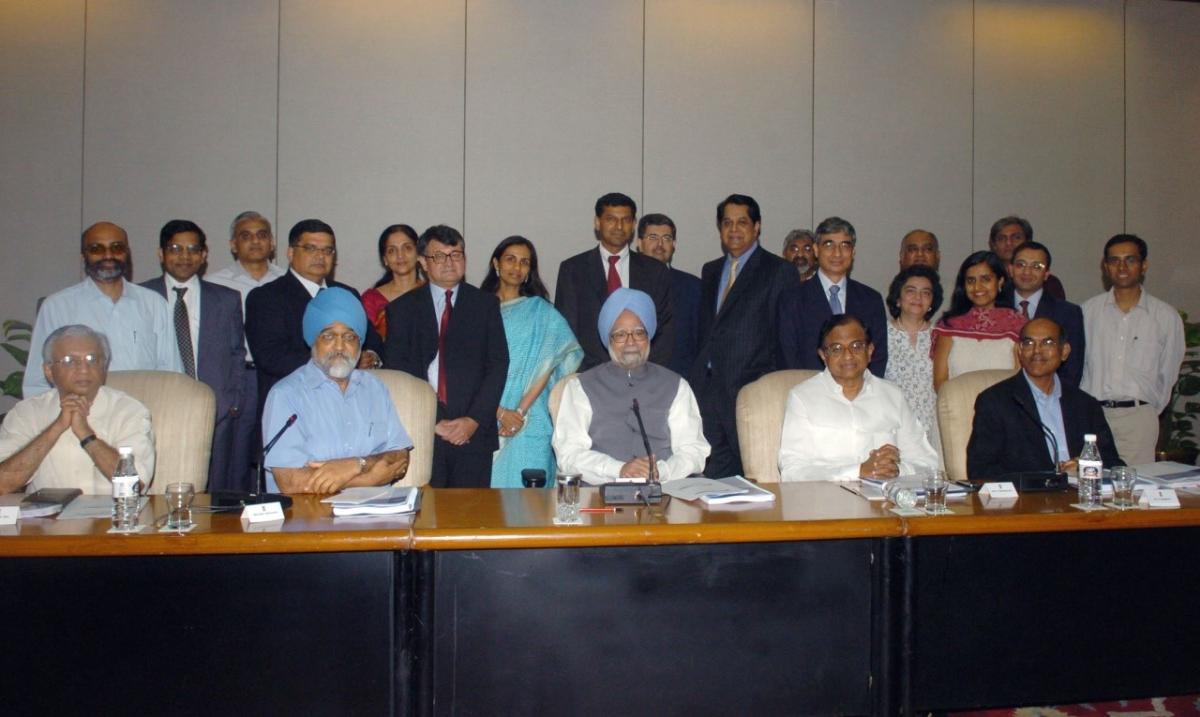
Members of the Raghuram Rajan Committee on Financial Sector Reforms presenting the report to Prime Minister Dr Manmohan Singh, with Shri P Chidambaram, then Finance Minister and Dr Montek Ahluwalia, Deputy Chairman of the Planning Commission, in late 2008. All three later served as Trustees of the Rajiv Gandhi Foundation. Also in the picture standing in the back row on the right is Vijay Mahajan, CEO of the Rajiv Gandhi Foundation and Director, RGICS.

